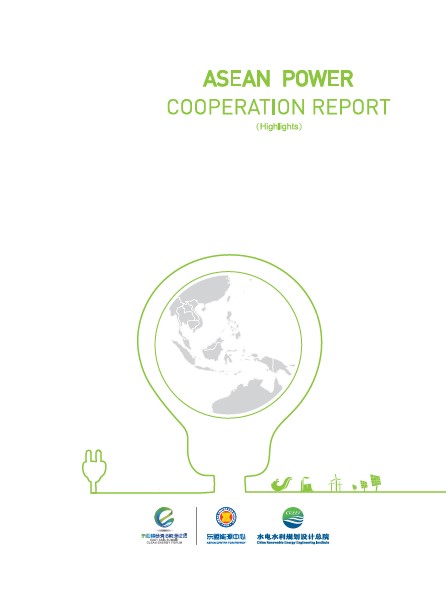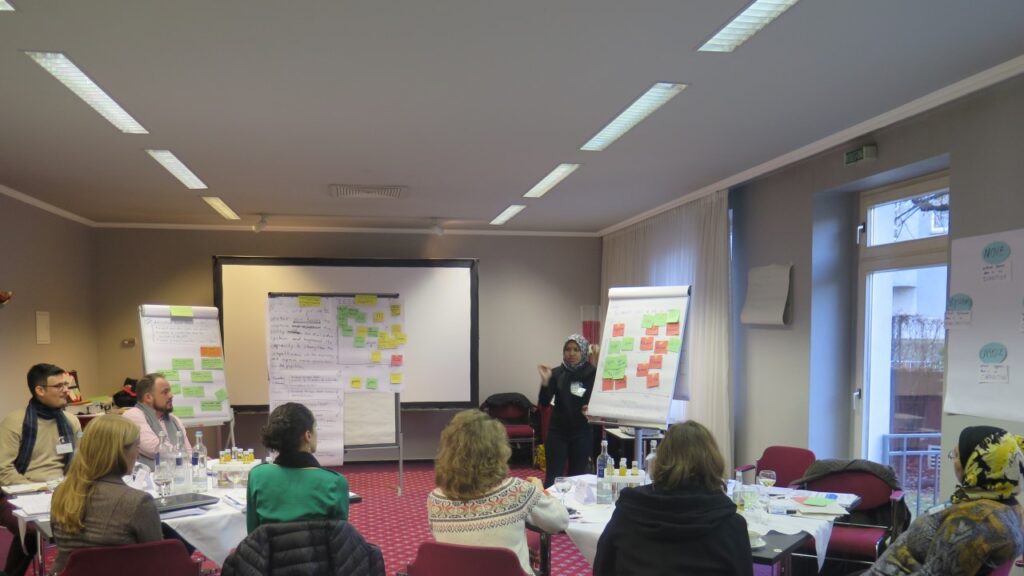Promoting Inclusivity: Including Women and People With Disabilities in ASEAN Energy Transition Towards Net Zero Emissions
Energy transitions have made great progress in renewables which increased by 130% over the past decade. To meet the Net Zero Emissions (NZE) target, installed capacity of renewable energy should be massive which needs to be more than triple by 2030. However, energy transition is not only about power, it is also about enhancing the wellness of the people.
Empowerment And the Role of Women in the Renewable Energy Sector
In the era of globalization, gender equality has been making significant strides in various fields, especially in the energy sector. Women who were once seen as possessing limited skillsets and unable to make decisions regarding their education and careers are now essential players in the decision-making process in energy transition.
ASEAN’s Emerging Mission for a Low Carbon Energy Transition
Timelines are of vital importance to the transition to a low-carbon economy. Many countries have energy and climate goals from 2025 to 2030 and beyond 2040 and 2050. Therefore, a key issue is clearly how investment in the energy sector will happen and be managed over these time periods. Further, it is necessary that this investment contributes to justice in the energy sector, i.e. that the investment results in ‘just’ outcomes for society.
Sustainable Energy Transitions in Island Communities

The island communities of Southeast Asia countries like the Philippines, Indonesia and Thailand are often associated with tourism, invoking picturesque views of the sea, white-sand beaches, and the warm welcome of islanders.
Energy Diplomacy: A Vital Piece to Boost Renewable Energy Investment

In the international arena, every nation has always been interdependent. Even after attaining the highest level of development, every nation will still have some dependency on other nations to fulfil their interests. Thus, every state must involve in international relations with other countries or other actors in the international system. Being involved in international relations allows nations to cooperate, pool resources, and share information to face global issues beyond any country or region. The sovereign states conduct their international relations and interact with each other through their foreign policies, promoting their national interests in relations with other countries, bilaterally and multilaterally. For this case, foreign policy becomes an essential part of increasing foreign cooperation in the energy sector. Among the foreign policy tools that can be leveraged to support a country in managing the geopolitical consequences of an energy issue, diplomacy becomes an inevitable form of energy policy. Besides a conducive political situation in the country, the role of diplomacy to attract more foreign investor is also essential.
Climate Principle Adoption: Way to Ramp Up ASEAN Energy Transition
As the world’s most pressing issue besides COVID-19, climate change has forced the world to ramp up the energy transitions efforts to avoid unprecedented climate change threshold. Ambitious cleaner energy policies would be an enabler to curb the significant number of GHG emissions.
Renewable Energy Development in Vietnam
The Government of Vietnam has always been aware of the importance of setting goals for electricity development to ensure sociol-economic development and national energy security. Indeed, in recent years, the improvement and extention of Vietnam’s electricity system have been remarkable in terms of both quality and reliability.
World Environment Day (WED) 2021: #GenerationRestoration for Mangrove Ecosystems

Once again, the world is celebrating World Environment Day (WED) 2021 on June 5. This year WED promotes #GenerationRestoration tagline aiming to enhance our generation to support peace with nature through ecosystem restoration. Quoting Geneva Environment Network, ecosystem restoration means assisting in the recovery of ecosystems that have been degraded or destroyed, as well as conserving the ecosystems that are still intact. One of the most highly damaged ecosystems that need to be restored is coastal ecosystems which has huge roles in absorbing and storing carbon.











